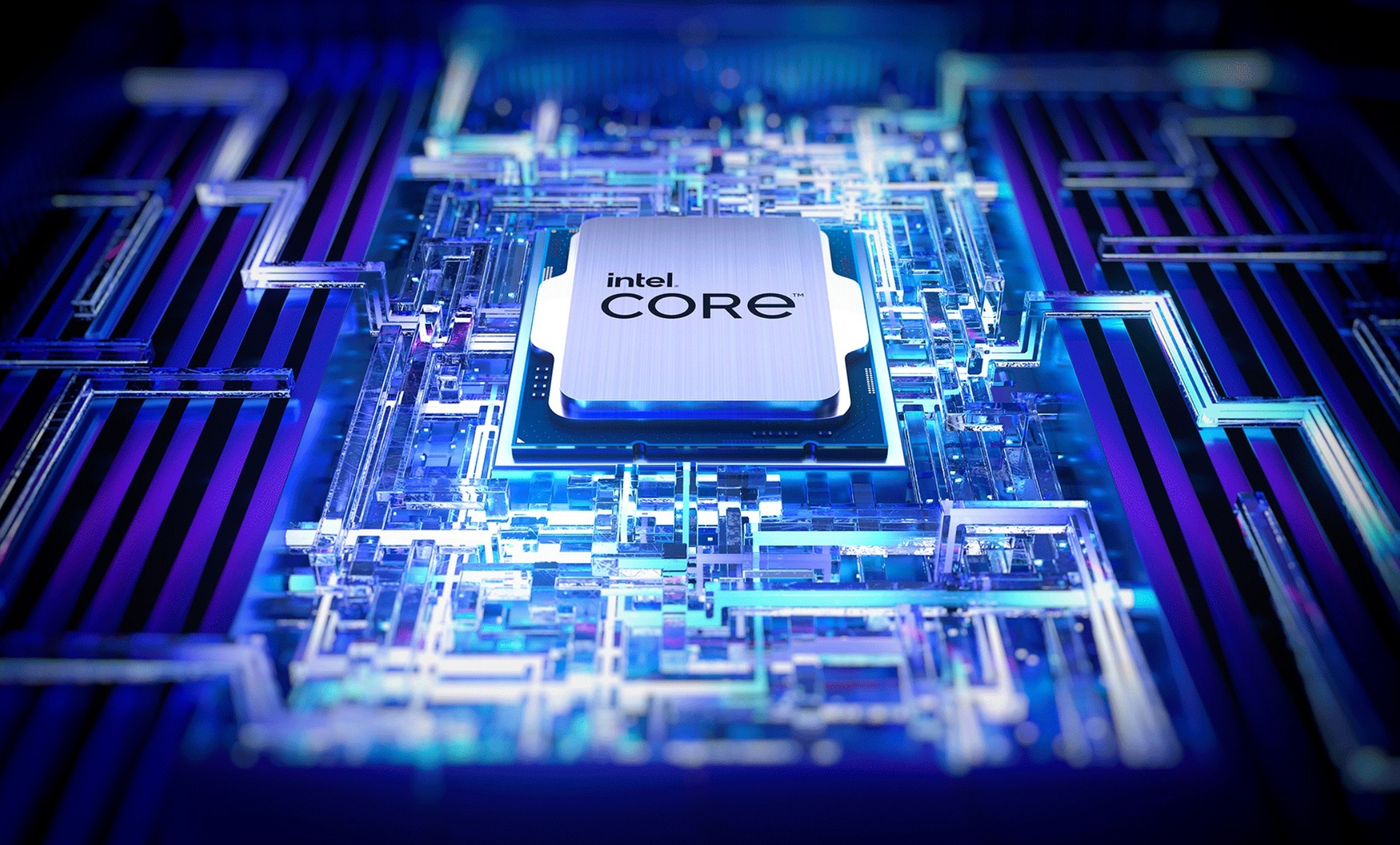In the world of computer enthusiasts, the term “overclocking” holds a special place, and Intel CPUs are often at the center of this adrenaline-pumping practice. Let’s dive into the fascinating realm of pushing your overclocking Intel CPU beyond its factory settings and extracting that extra ounce of performance.
I. Introduction
A. Definition of CPU Overclocking
Before we embark on this overclocking journey, let’s define the concept. Overclocking refers to the process of increasing a computer component’s clock rate, most commonly applied to CPUs. This, in turn, boosts the performance of the processor, offering a significant performance uplift for users seeking an extra edge in speed.
B. Importance of Overclocking for Performance Enthusiasts
Why would anyone want to overclock their CPU? The answer lies in the pursuit of enhanced performance. For gamers, content creators, and professionals handling resource-intensive tasks, overclocking can provide a noticeable improvement in speed and responsiveness.
II. Understanding the Basics
A. What is the CPU Clock Speed?
At the heart of every CPU is its clock speed, measured in gigahertz (GHz). This speed determines how quickly the processor can execute instructions. Overclocking involves increasing this clock speed, effectively making the CPU work faster.
B. How Overclocking Affects CPU Performance
The relationship between clock speed and performance is direct. By overclocking, users can experience a boost in processing power, resulting in quicker load times, smoother multitasking, and improved overall system responsiveness.
III. Risks and Considerations
A. Potential Drawbacks of Overclocking
While the benefits are tempting, overclocking comes with its set of risks. Increased heat generation, potential instability, and voided warranties are among the drawbacks that users should be aware of before diving into the overclocking realm.
B. Factors to Consider Before Overclocking
Before overclocking, it’s crucial to evaluate your system’s cooling capabilities, ensure proper power delivery, and understand the limits of your CPU. Skipping these considerations may lead to undesirable consequences.
IV. Step-by-Step Guide to Overclocking Intel CPU
A. Check Your CPU Specifications
Start by understanding the specifications of your Intel CPU. Identify whether it’s an unlocked processor, as these are more suitable for overclocking.
B. Accessing the BIOS/UEFI
To overclock, you’ll need to access your computer’s BIOS or UEFI. This is where you’ll find settings related to CPU clock speed, voltage, and other crucial parameters.
C. Adjusting the CPU Multiplier
One of the primary methods of overclocking is by adjusting the CPU multiplier. This simple tweak can have a significant impact on performance.
D. Monitoring Temperatures During Overclocking
Overclocking increases heat output. Make sure to monitor temperatures using software tools or the BIOS to prevent overheating and potential damage to your CPU.
V. Popular Intel CPUs for Overclocking
A. Overview of Unlocked Intel CPUs
Intel offers a range of CPUs with unlocked multipliers, facilitating easier overclocking. Familiarize yourself with these models for a smoother overclocking experience.
B. Performance Gains with Overclocking
Unlocking the full potential of your Intel CPU can result in substantial performance gains. From faster gaming frame rates to quicker video rendering, the benefits are worth exploring.
VI. Advanced Tips and Tricks
A. Utilizing Overclocking Software
Explore user-friendly overclocking software that simplifies the process. These tools often provide intuitive interfaces and automated settings for a hassle-free experience.
B. Benchmarking and Stability Testing
Before declaring victory, benchmark your system to ensure stability. Use stress-testing tools to evaluate your overclocked setup’s reliability under various conditions.
VII. Overcoming Challenges
A. Dealing with Overheating Issues
Overheating is a common challenge in overclocking. Invest in robust cooling solutions and ensure proper airflow to keep temperatures in check.
B. Troubleshooting Common Overclocking Problems
Encounter stability issues? Troubleshoot by adjusting settings, updating BIOS versions, or consulting online communities for expert advice.
VIII. Real-World Examples
A. Success Stories of Intel CPU Overclocking
Explore the success stories of users who have pushed their Intel CPUs to new heights. Learn from their experiences and adopt best practices for a smoother overclocking journey.
B. Learning from Failed Attempts
Not every overclocking attempt is successful. Embrace failure as a learning opportunity. Understand the reasons behind failures and adjust your approach accordingly.
IX. The Future of CPU Overclocking
A. Technological Advancements in Overclocking
With each generation, CPUs become more sophisticated. Explore how future technological advancements may shape the overclocking landscape.
B. Potential Impact on Future Intel CPU Models
As technology evolves, so do CPUs. Consider the potential impact of overclocking on future Intel CPU models and how manufacturers may respond to the growing demand for performance customization.
X. Conclusion
A. Recap of Key Points
In conclusion, overclocking your Intel CPU can be a rewarding venture, provided it’s approached with caution and knowledge. Understand the risks, follow best practices, and unleash the true potential of your processor.
B. Encouragement for Responsible Overclocking
While the thrill of increased performance is undeniable, responsible overclocking is crucial. Respect the limits of your hardware, monitor temperatures, and enjoy the enhanced computing experience without compromising long-term reliability.
5 Unique FAQs
- Can I overclock any Intel CPU?
- Not all Intel CPUs are created equal. Only unlocked processors are suitable for overclocking. Check your CPU’s specifications before attempting.
- What are the risks of overclocking?
- Risks include increased heat, potential instability, and voided warranties. Proper precautions and monitoring can mitigate these risks.
- Do I need special cooling for overclocking?
- Yes, overclocking increases heat output. Invest in high-quality cooling solutions to maintain safe operating temperatures.
- Can overclocking damage my CPU?
- Without proper precautions, overclocking can lead to overheating and potential damage. Monitoring temperatures and following guidelines is essential.
- Is overclocking suitable for gaming?
- Overclocking can significantly improve gaming performance by increasing CPU clock speeds, leading to higher frame rates and smoother gameplay.
Read More: Step-by-Step Guide to Overclocking Intel CPU

